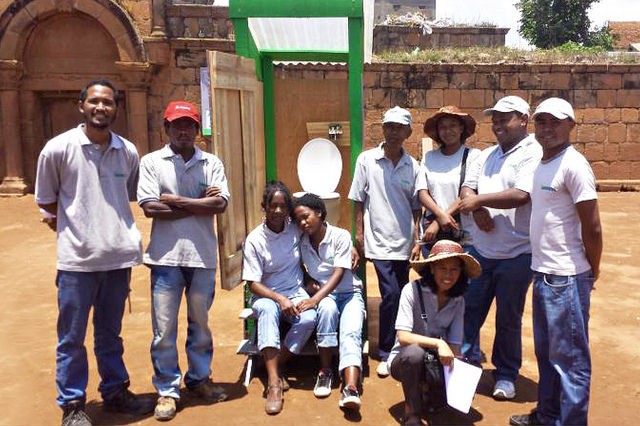Despite a significant increase in research and practise linking corporate social responsibility (CSR) and human resource management (HRM), a comprehensive examination of the relationship between these two constructs has yet to be undertaken. Scholars associating CSR and HRM rarely explicate their understanding of the connection between CSR and HRM (CSR–HRM) or the assumptions they make when exploring this relationship. Thus, we argue that a comprehensive review of the literature of the CSR–HRM nexus is relevant and necessary.
This article advances SDGs 3, 5, and 16 by demonstrating how gender power inequalities are at the root of sexual violence against women and outlining ways to prevent sexual violence and mitigate the mental and physical health impacts of rape.


